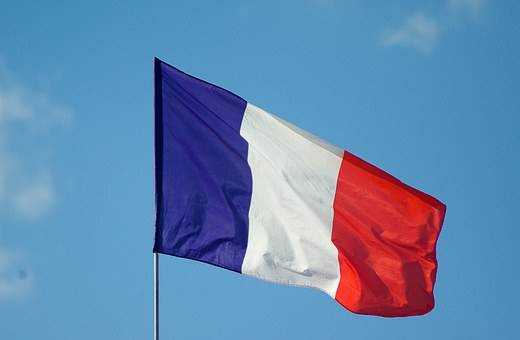 According to the French official statistics agency (INSEE), economic activity and household spending in France is currently at about 65 percent of the usual activity levels due to the coronavirus epidemic. Regarding the future, they foresee a reduction of economic activity by 12 percentage points this quarter and a yearly 3 percentage points reduction, though according to them it's too early to try to predict what's going to happen with economic activity.
According to the French official statistics agency (INSEE), economic activity and household spending in France is currently at about 65 percent of the usual activity levels due to the coronavirus epidemic. Regarding the future, they foresee a reduction of economic activity by 12 percentage points this quarter and a yearly 3 percentage points reduction, though according to them it's too early to try to predict what's going to happen with economic activity.
The INSEE also published the business climate composite indicator, which was at 105 last month and above its long term average. The employment climate indicator also stood at 105, also above its long term mean. Yesterday they also reported that the public debt and deficit levels were smaller than expected.
"Compared to January, the business climate has gained one point in retail trade and in services. It is stable in building construction and in manufacturing. In all sectors, the business climate stands above its long-term average," stated the INSEE in its report.
The French government is aiming to spend about 2 percent of France's gross domestic product (about 45 billion euro) to face the economic effects of the outbreak. Most of that money is being spent on payroll charges and deferred taxes for businesses as well as payments for businesses that put their workers on reduced schedules. Besides this, they're assigning about 15 percent of its GDP (approximately 300 billion euros ) for corporate borrowing from commercial banks, to keep liquidity levels. There are currently 25,233 infected individuals, and the death toll stands at 1,331.
ECB is not Limiting its Bond Purchases
Meanwhile, the European Central Bank claimed on a text they released recently that they won't impose purchase limits on themselves regarding their bond purchasing scheme. Besides this, they announced that they're expanding the list of eligible securities as well as permitting the purchase of debt with a maturity of at least 70 days and discarding the prohibition of purchasing no more than 33 percent of any country's debt, relaxing their previous standards.
"The ECB faces legal risks and a political backlash down the road, but this historic decision is consistent with the initial PEPP announcement including the ECB’s commitment to revisiting self-imposed limits," stated an analyst at Pictet Group.
By 7:54 GMT the Euro went up by 0.27 percent against the US dollar, hitting the 1.0909 level. Conversely, it advanced 0.01 percent against the Swiss Franc, hitting the 1.0628 level. On the other hand, the Euro went down by 0.36 percent against the Japanese Yen, falling to the 120.54 level.
